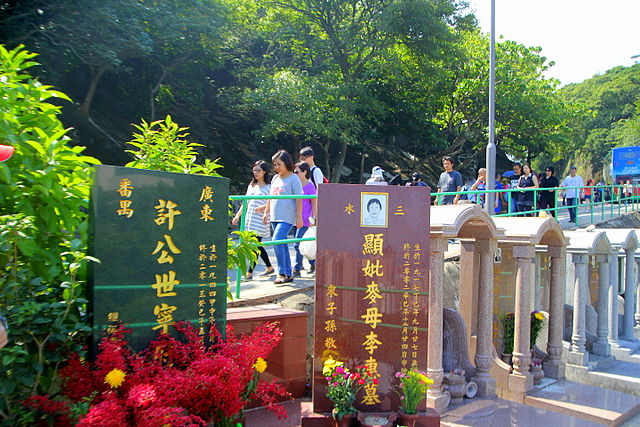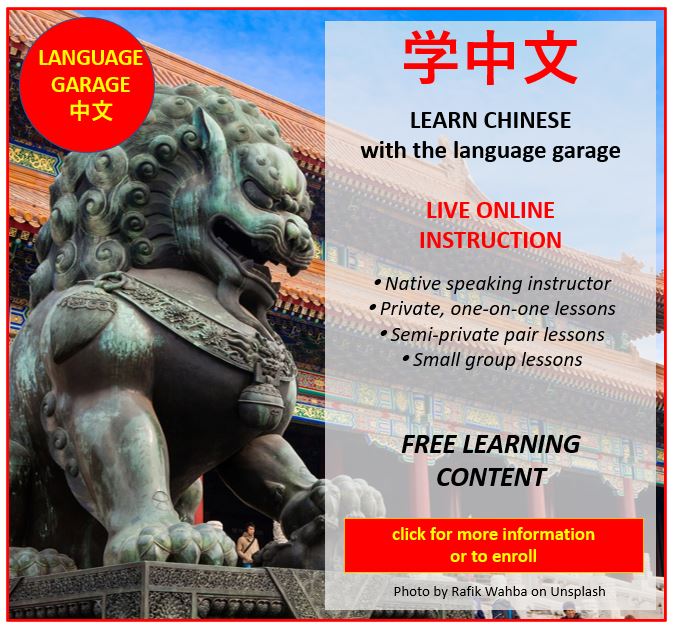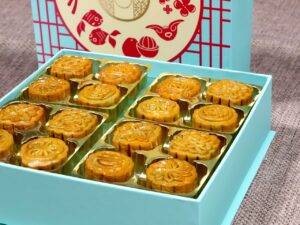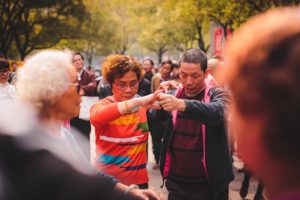China’s Double Ninth Festival: 重阳节 Chóngyáng Jié
China’s Double Ninth Festival, 重阳节 Chóngyáng Jié in Mandarin, is a traditional Chinese festival celebrated on the ninth day of the ninth lunar month. It falls in October, but the exact date changes every year. The Double Ninth Festival has deep cultural significance, with a history dating back over 2,000 years. It is a day marked by themes of longevity, health, and remembrance, and it combines ancient customs with modern values.
Double Ninth Name
The festival’s name, Double Ninth, comes from the repetition of the number九 jiǔ (nine) in the lunar calendar. In Chinese culture, the number nine is a 阳 yáng number, which represents masculinity and strength. The ninth day of the ninth month, therefore, symbolizes a double dose of yang energy, making it an auspicious day for driving away negative forces and seeking well-being. This is why the festival is also called 重阳 chóngyáng, which means double yang.
Traditions on the Double Ninth Festival
One of the most enduring traditions of the Double Ninth Festival is climbing mountains. Historically, people believed that ascending to high places on this day could help them avoid danger and misfortune, because it was thought that evil spirits lingered at lower altitudes. Today, the custom of hiking or climbing hills during Chongyang is still practiced, often as a way to reconnect with nature and promote health.
Food and Drink on the Double Ninth Festival
As with other Chinese festivals, there are certain foods that are associated with 重阳 chóngyáng. One is 重陽糕 chóngyáng gāo (Double Ninth Cakes). These cakes are made with rice flour and sugar, then baked and steamed, and decorated with jujube, chestnuts, and almonds. The word 糕 gāo (cake) sounds just like the word 高 gāo (tall), so the cakes symbolize upward progress and attaining heights.
Chrysanthemum Liquor, 菊花酒, jú huā jiǔ, is traditionally consumed during the Double Ninth Festival. In traditional Chinese medicine, the chrysanthemum has health-enhancing properties, and it symbolizes longevity and vitality. People drink chrysanthemum liquor on the Double Ninth Festival to ward off illness and negative energy.
Respecting Older Family Members & Ancestors
The Double Ninth Festival is also 老人节 Lǎorén Jié, Senior’s Day. The Chinese government officially declared the festival Senior’s Day in 1989. It is now an occasion for people to express gratitude and care for older generations. Family often visit older relatives, bring them gifts and spending quality time together, while communities organize special activities to celebrate the contributions of older citizens.
Finally, Chongyang is a also day of ancestor remembrance. Many families visit grave sites to pay their respects, clean the tombstones, and make offerings, such as food and incense, to deceased loved ones.
In modern China, the Double Ninth Festival continues to be a blend of old and new, balancing ancient customs with a growing emphasis on health, familial respect, and the celebration of life.
Learn Chinese with the Language Garage!
We hope you’ve enjoyed learning about China’s Double Ninth Festival. If you’re interested in learning more, check out our other posts on Chinese language, culture, and more. And if you’re looking for convenient and affordable live Chinese lessons with a real teacher, check out The Language Garage. Our lessons are given online in a virtual classroom, so it doesn’t matter where you live or work – we can come to you. And we have flexible options, with a free trial so that you can decide if there’s a fit. Check us out!
Image Credit: Wikimedia Commons






